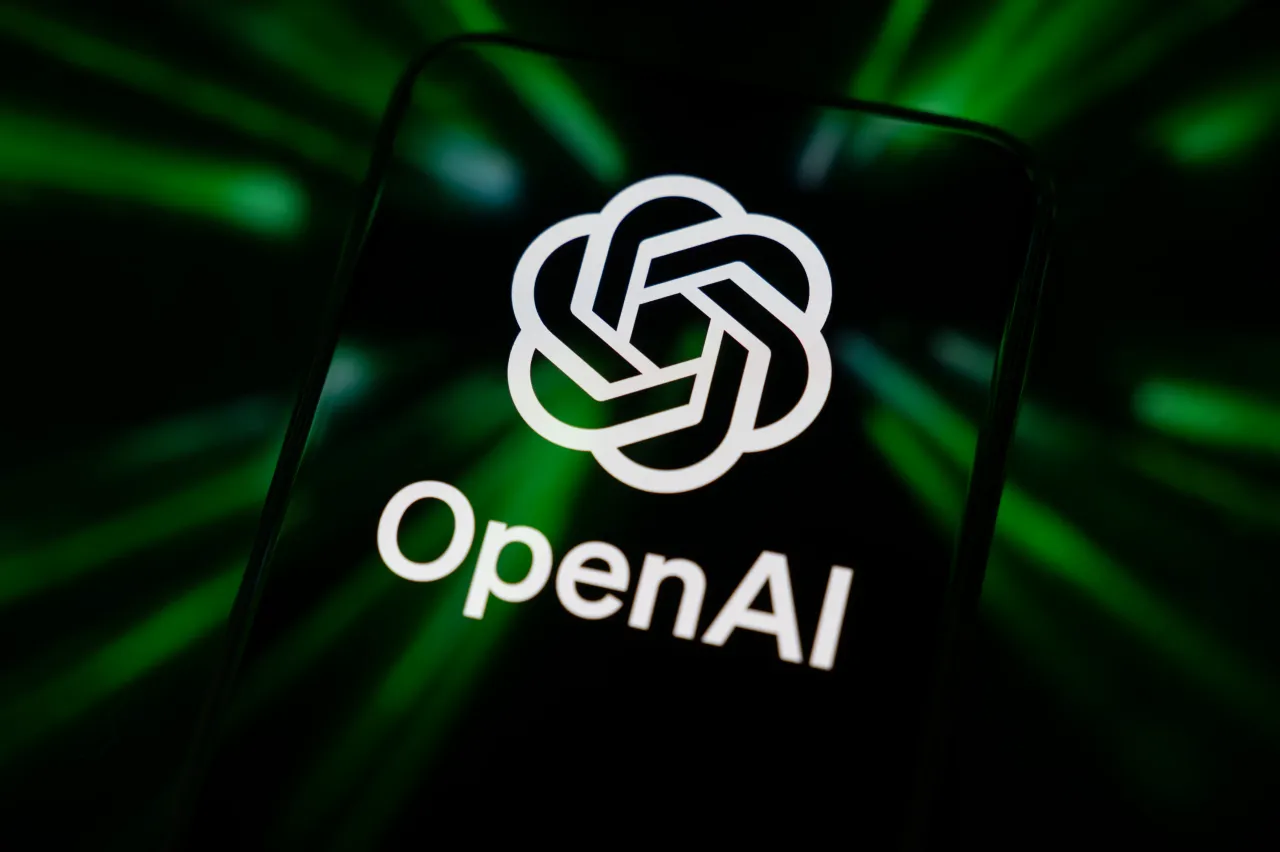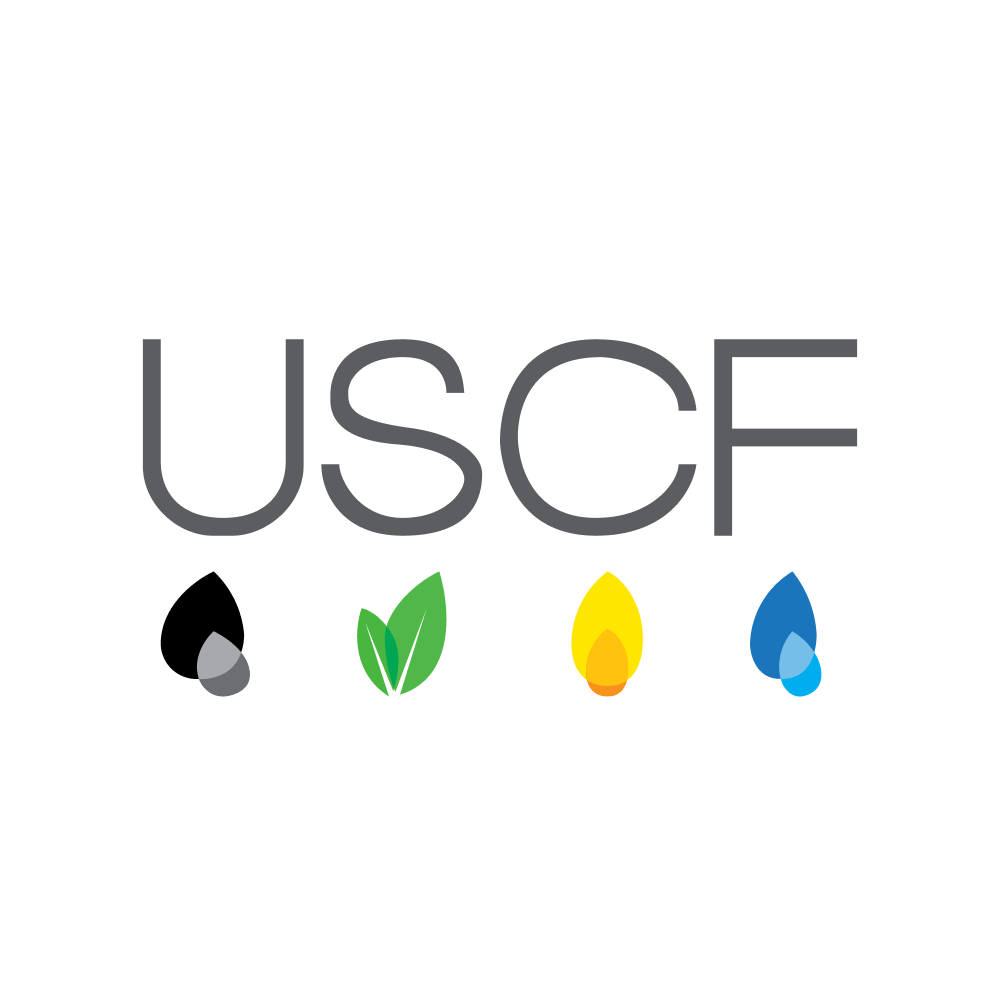Advertisement|Remove ads.
Studio Ghibli, Other Japanese Creators Urge OpenAI To Stop Using Their Content For Sora 2

- Content Overseas Distribution Association, which represents Studio Ghibli and other Japanese creators, has written to OpenAI requesting a dialogue.
- It claims that a large portion of Sora 2's content closely resembles Japanese content or images.
- Several creators, including news publishers, have previously complained about or sued OpenAI and Perplexity for copyright infringement.
A Japanese anti-piracy group representing major IP holders, including Studio Ghibli and Bandai Namco, has written to OpenAI to cease using their copyrighted works for training its AI models without authorization.
The request, made by the Content Overseas Distribution Association (CODA), marks the latest move amid rising concerns in Japan over how Sora 2, OpenAI’s latest text-to-video model launched in September, manages intellectual property.
Studio Ghibli, a popular animation studio, is behind films like “Spirited Away” and “My Neighbour Totoro,” while Bandai Namco owns several video game franchises, including Pac-Man and Tekken.
CODA stated that a significant portion of the content produced by Sora 2 closely resembles Japanese content or images. Its letter argues that training a machine-learning model on copyrighted works without prior authorization may amount to copyright infringement under Japanese law.
“CODA, in cooperation with its member companies, requests that OpenAI respond sincerely such that both the healthy development of AI technology and the protection of rightsholders and creators’ rights are ensured,” a statement from the group read.
This is just the latest instance of claims that AI models are infringing on creators' copyrights. Several lawsuits and complaints, including from notable publications such as the New York Times and News Corp, have been filed against OpenAI, Perplexity, and others for AI creators copying their work without adequate authorization.
For updates and corrections, email newsroom[at]stocktwits[dot]com.










/filters:format(webp)https://news.stocktwits-cdn.com/large_Getty_Images_2243817419_jpg_fd782b2997.webp)
/filters:format(webp)https://news.stocktwits-cdn.com/shivani_photo_jpg_dd6e01afa4.webp)
/filters:format(webp)https://news.stocktwits-cdn.com/large_Getty_Images_2191224409_jpg_fd3e69e2d7.webp)
/filters:format(webp)https://news.stocktwits-cdn.com/vivekkrishnanphotography_58_jpg_0e45f66a62.webp)
/filters:format(webp)https://news.stocktwits-cdn.com/large_Getty_Images_2229305833_jpg_f9b80a181a.webp)
/filters:format(webp)https://news.stocktwits-cdn.com/large_Tom_Lee_9782f9c21f.webp)
/filters:format(webp)https://st-everywhere-cms-prod.s3.us-east-1.amazonaws.com/Prabhjote_DP_67623a9828.jpg)
/filters:format(webp)https://news.stocktwits-cdn.com/large_uniqure_jpg_33b6552285.webp)
/filters:format(webp)https://st-everywhere-cms-prod.s3.us-east-1.amazonaws.com/Rounak_Author_Image_7607005b05.png)
/filters:format(webp)https://news.stocktwits-cdn.com/large_AES_July_a52bf06b47.webp)